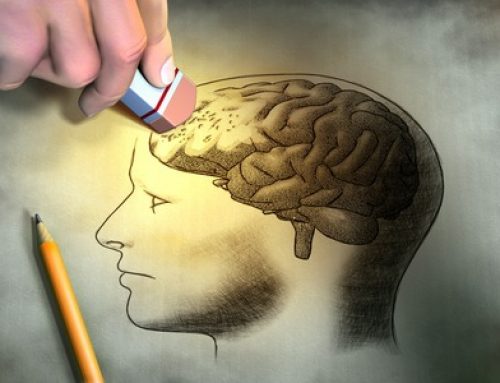Traditionally, the main cause of hearing loss is thought to be damage to the tiny hair cells within the cochlea of the inner ear. However, some of the latest laboratory research has shown that only a moderate amount of noise exposure can cause damage not the hair cells themselves but to the synapses beyond them. This in turn stops the transmission of a sound signal to the auditory nerves and the brain.
This condition is known as ‘Cochlear Synaptopathy’ and sufferers would present with normal hearing test results but really struggle to hear complex sounds such as speech, especially in noisy environments.
Additionally, it is thought that noise exposure from a loud event such as a rock concert could cause this permanent neural damage. Previously such an event led to what was assumed to be a temporary threshold shift where the hearing would return to normal within a day or two. Noise induced cochlear synaptopathy has been confirmed in mice but the evidence of it occurring in humans is still being investigated. If confirmed it could have an impact on how hearing aids are programmed and fitted.
LAC News




